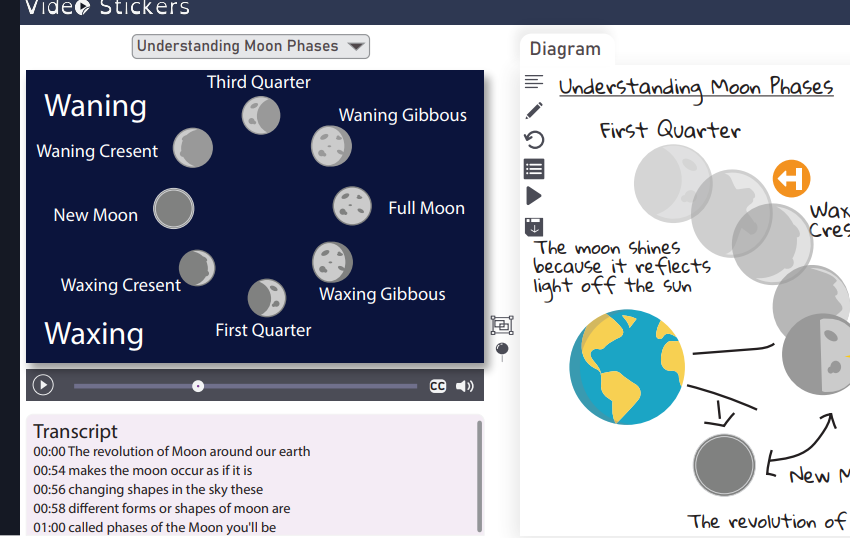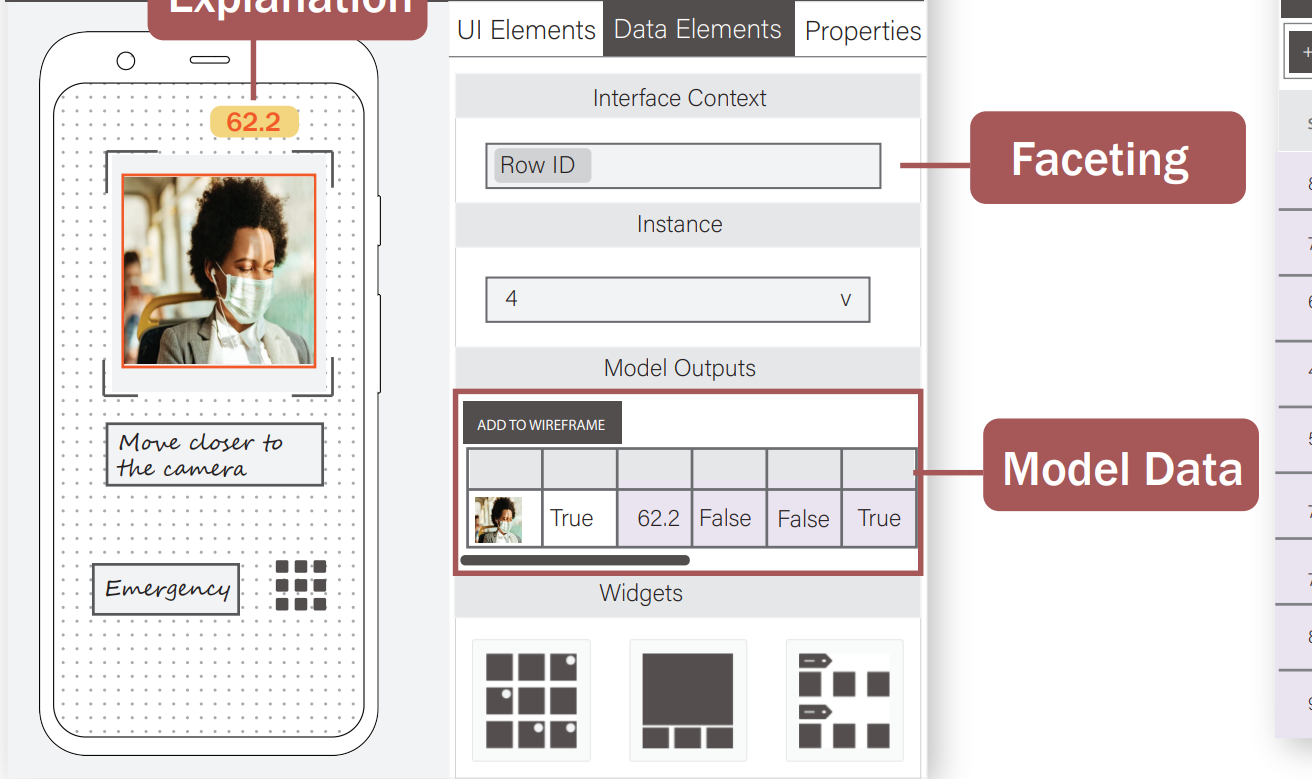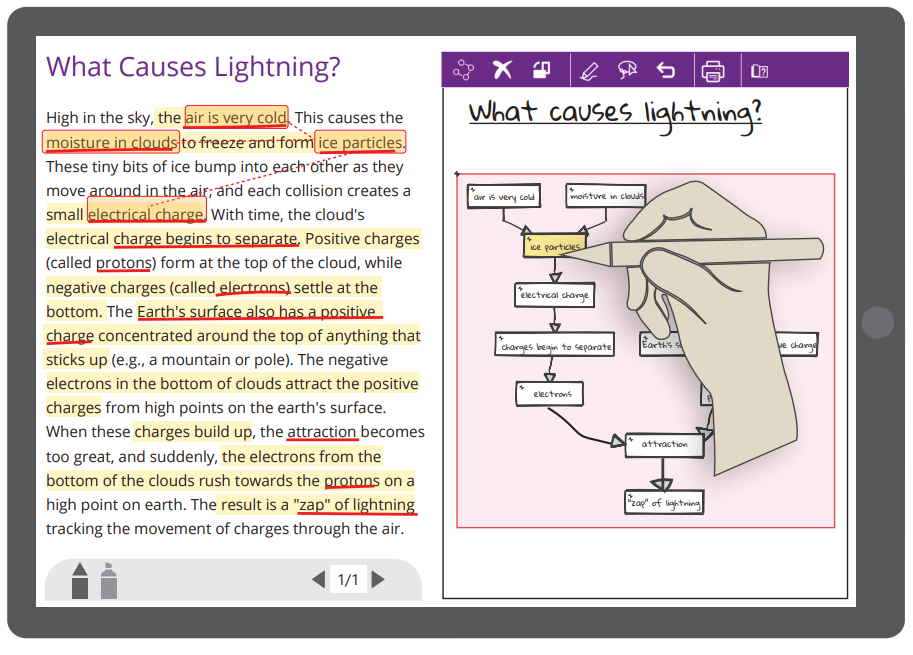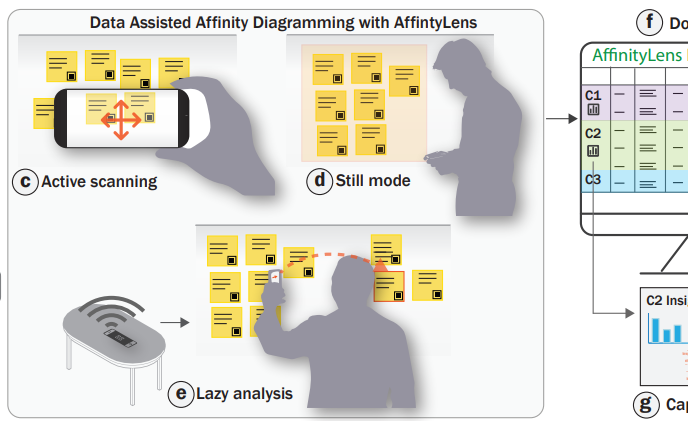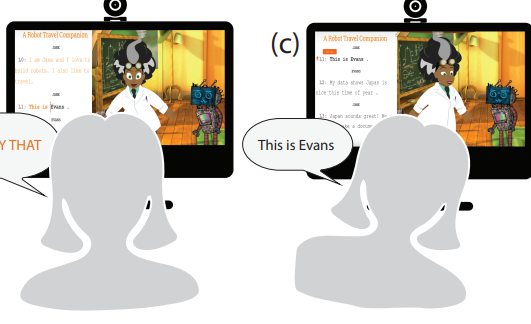I am an Assistant Professor (Research) at the Graduate School of Education and Computer Science (by courtesy) at Stanford University. I am also the Ram and Vijay Shriram Faculty Fellow at the Institute for Human-Centered AI (HAI) and a core faculty member of Stanford HCI. My research sits at the intersection of Human-Computer Interaction (HCI) and the Learning Sciences. I study ways to augment human learning using AI by (1) engaging in cognitively informed design practices, (2) co-designing with learners and educators, and (3) developing transformative AI-enabled learning experiences. Through my research, I also contribute tools and methodologies that prioritize ethical considerations, responsible design practices, and human values when creating AI experiences. I received my PhD in Information at the University of Michigan, advised by Eytan Adar.













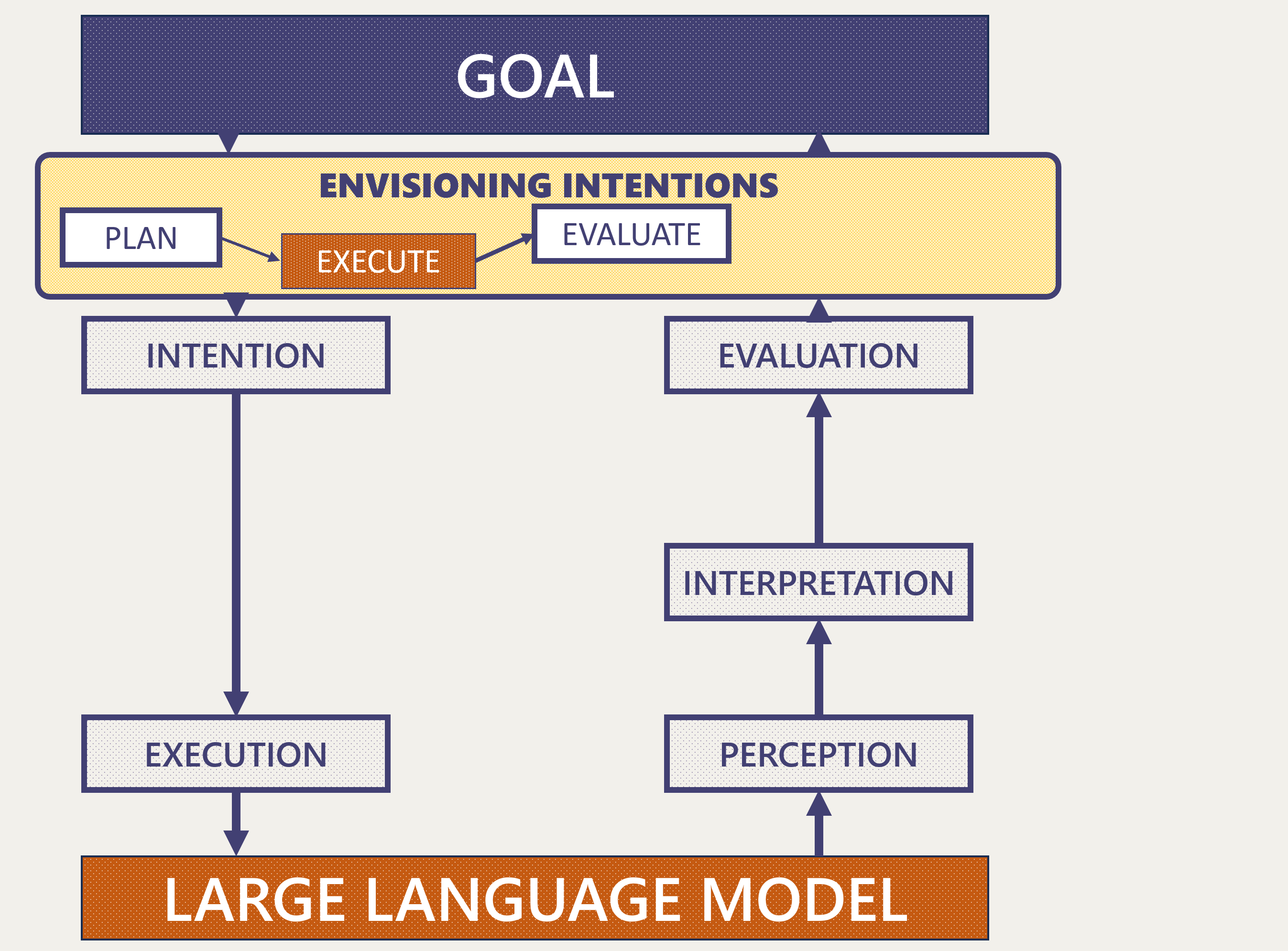



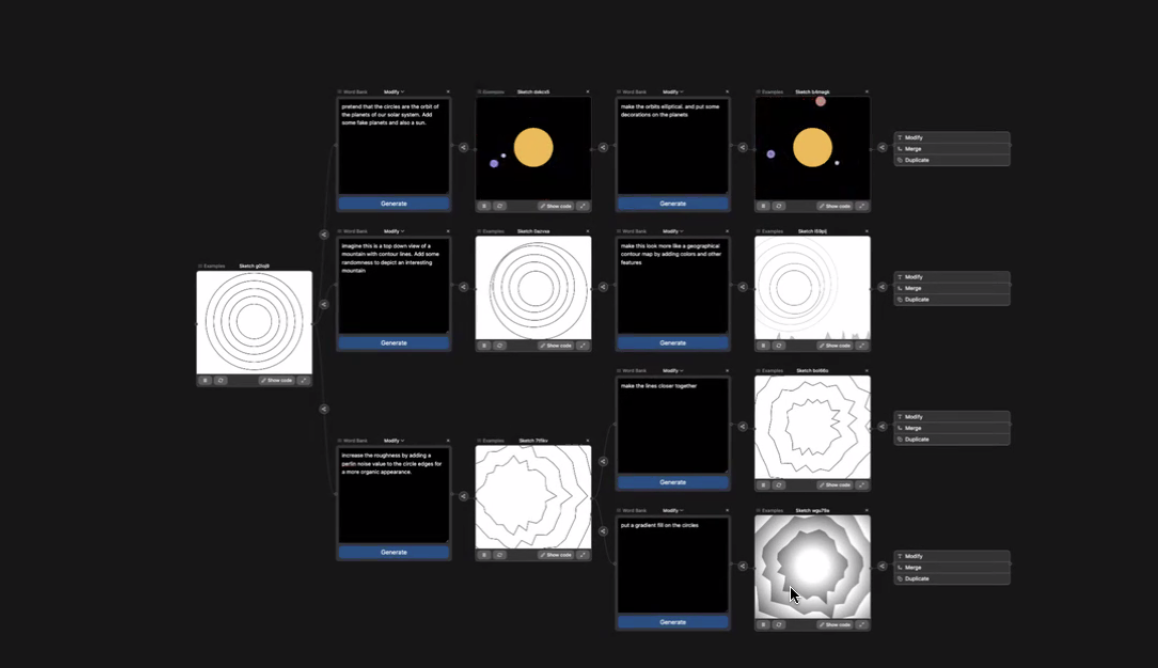
PDF | VIDEO | Project Website
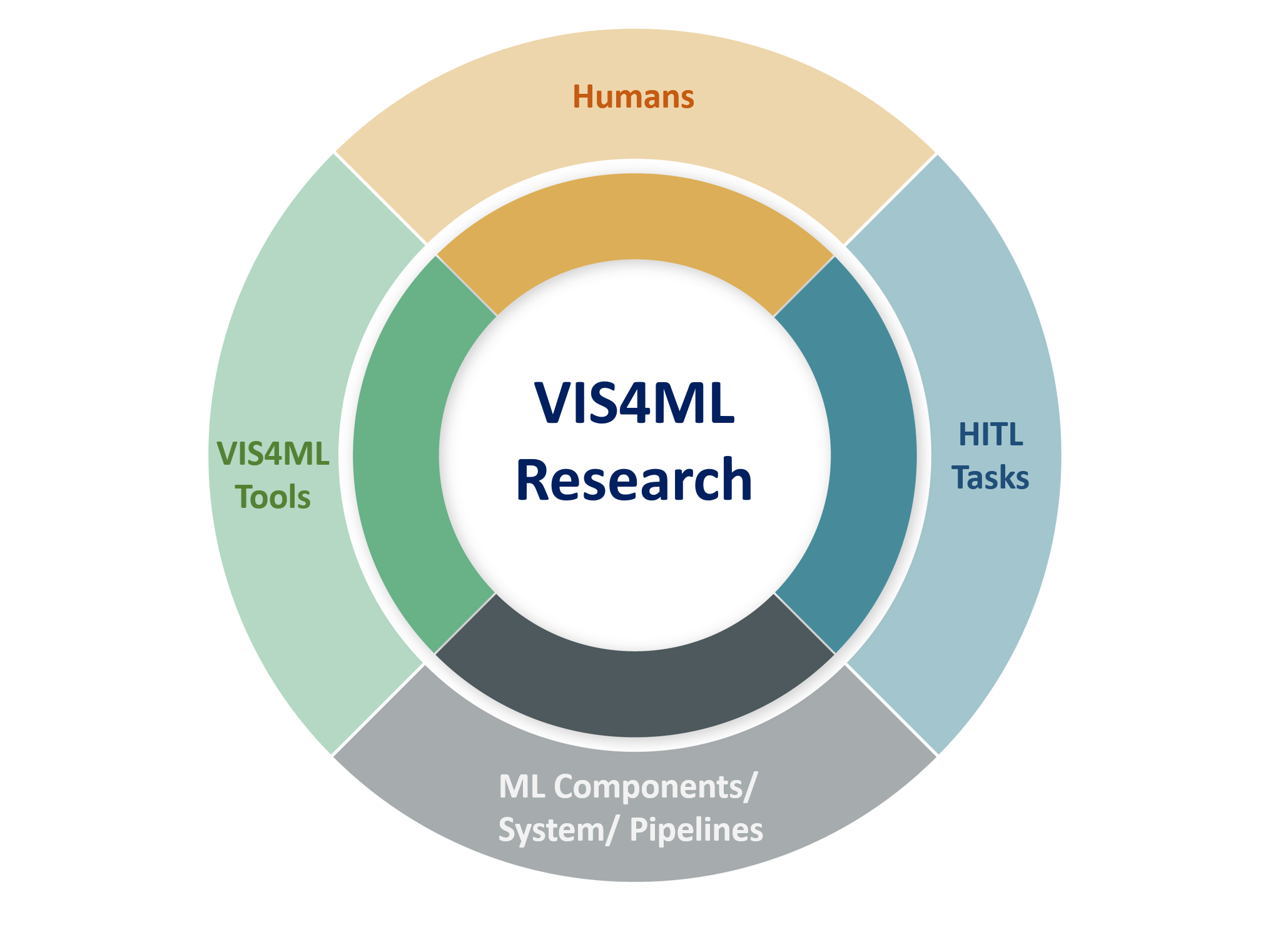
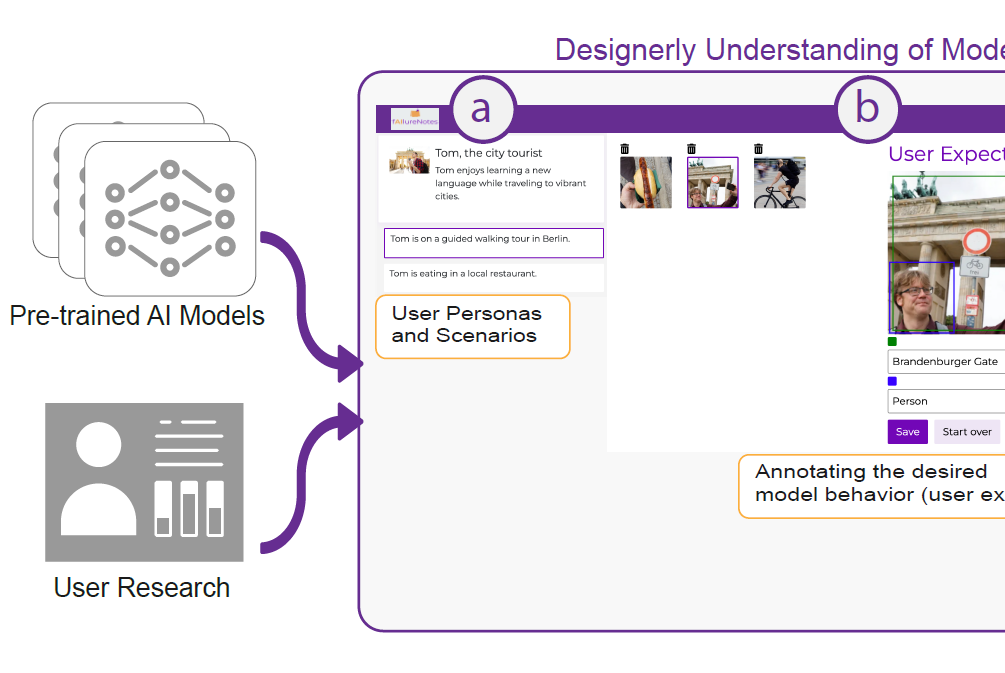
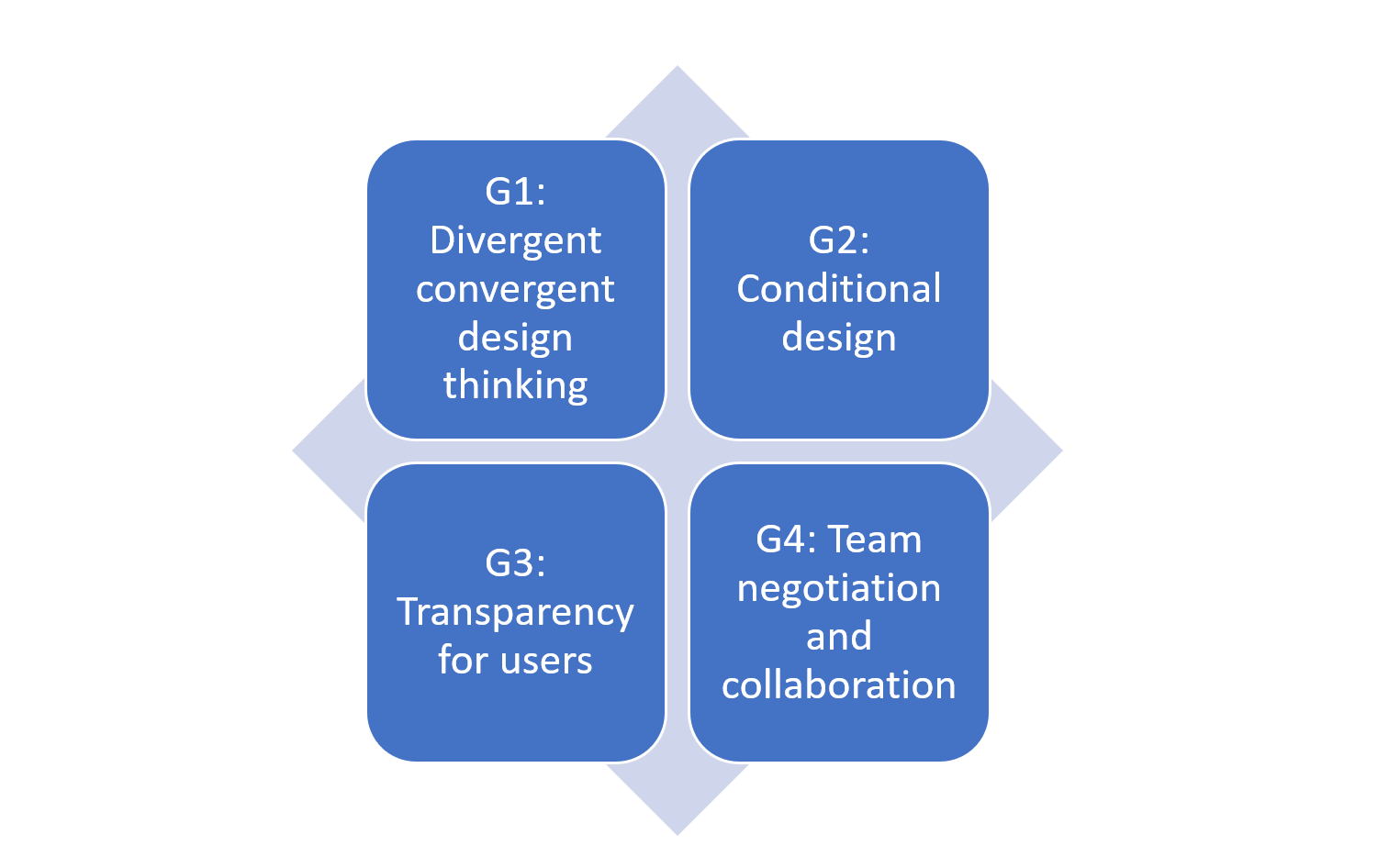
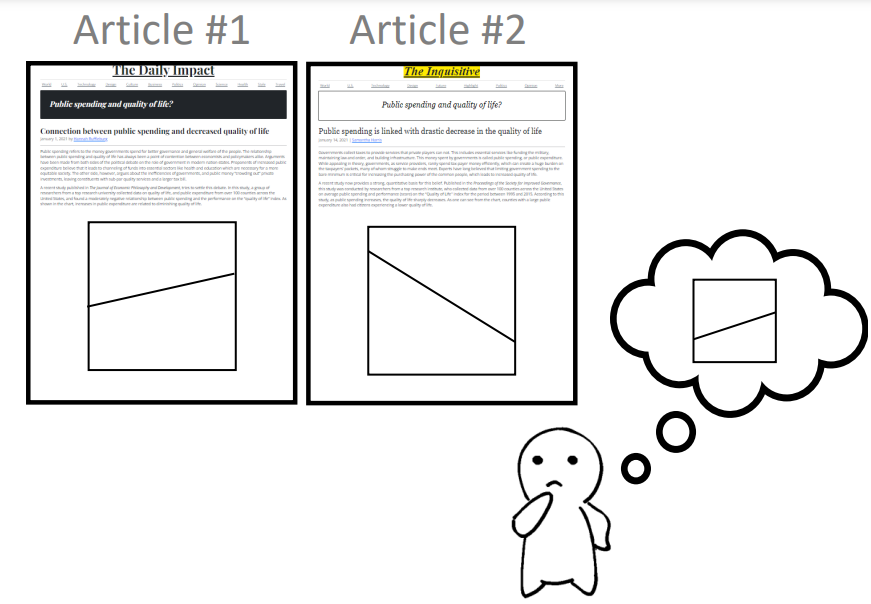
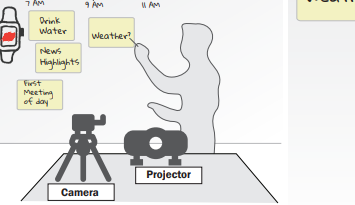

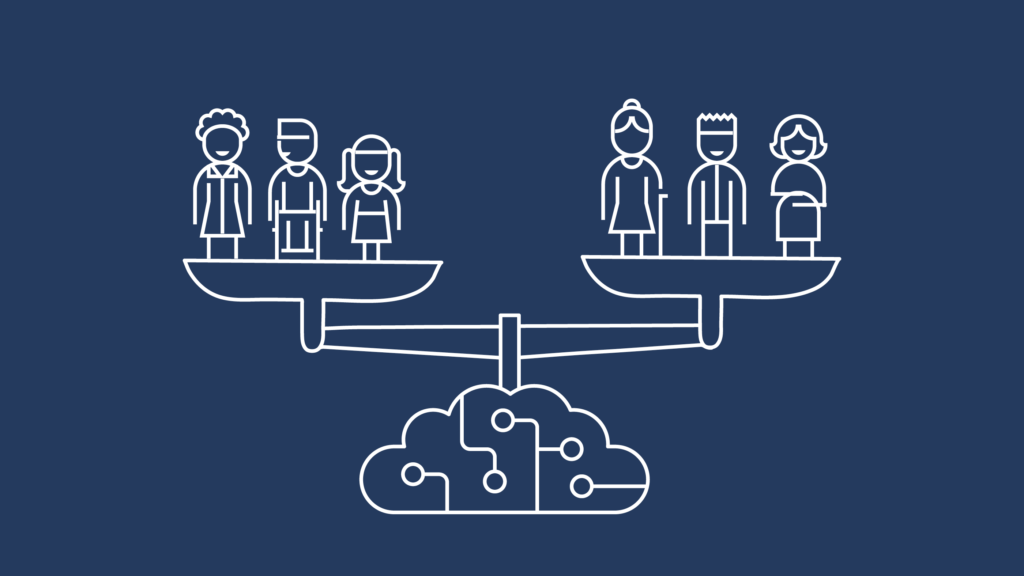

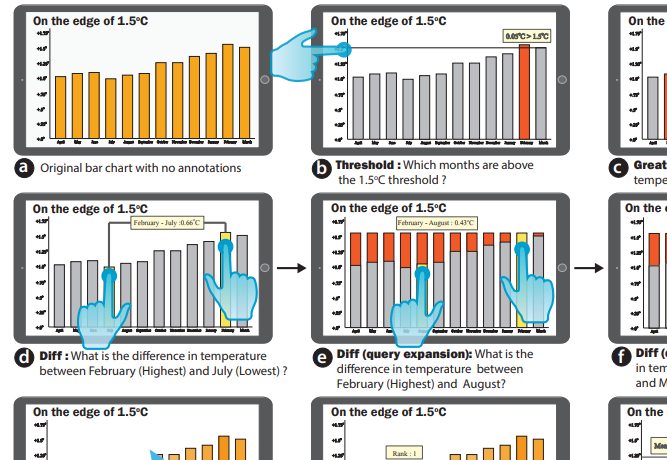

Tools for Thought: Research and Design for Understanding, Protecting, and Augmenting Human Cognition with Generative AI [CHI 2025]
Workshop Website
Human–AI Coevolution [ICLR 2025]
PDF
Dynamic Abstractions: Building the Next Generation of Cognitive Tools and Interfaces [UIST 2024]
Workshop Website
AI-Driven Support for People with Speech & Language Difficulties [CHI 2024]
PDF
Designing for AI-Powered Social Computing Systems [CSCW 2023]
PDF
LLMs and the Infrastructure of CSCW [CSCW 2023]
PDF
Shortcomings of Visualizations for Human-in-the-Loop Machine Learning [Oct 9, 2023] 🔗
While visualizations can help developers better design, train, and understand their models, new research shows gaps between ambitions and evidence.
Spellburst: A Large Language Model-Powered Interactive Canvas for Generative Artists [Sept 13, 2023] 🔗
This new creativity support tool helps artists who work in code explore ideas using natural language and iterate with precision.
Finding a Fit with Learning Technology [Nov 22, 2022] 🔗
Hari Subramonyam and students investigate interfaces that optimize what humans and technology each do best.
New App VideoSticker Uses AI To Help Students Take Rich Notes from Video Lessons [Aug 25, 2022] 🔗
The tool allows students to break down video imagery and transcripts to ease and improve note-taking and comprehension.
In Human-Centered AI, the Boundaries Between UX and Software Roles Are Evolving [Apr 26, 2022] 🔗
"Leaky abstractions" are transforming software design and programming and leading to better, human-focused technology.









